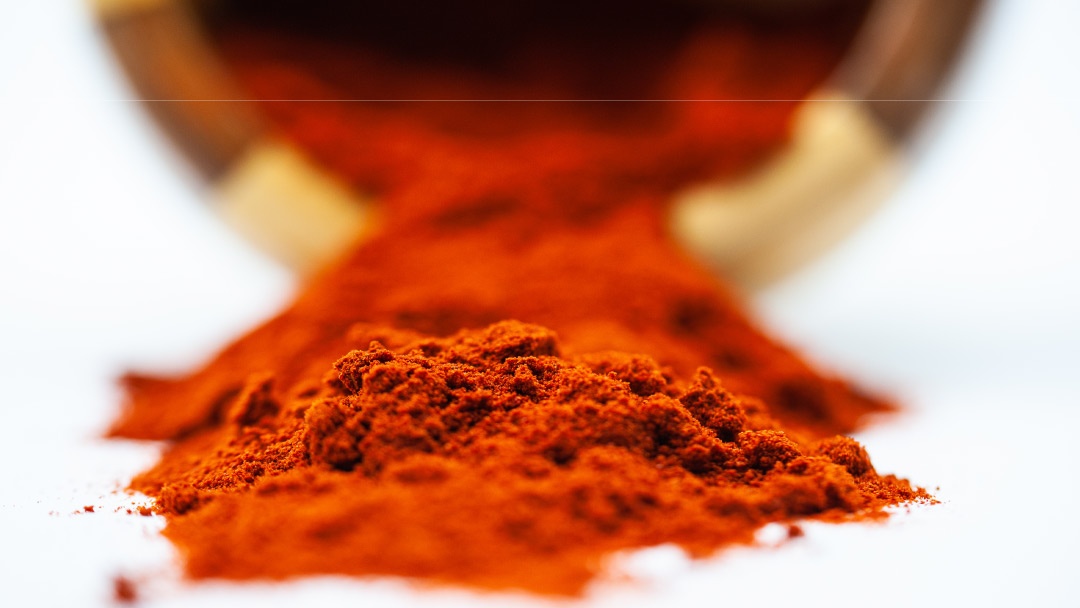
Astaxanthin, when used as a dietary supplement, has been shown to produce notable benefits in the growth performance and feed efficiency of a wide range of aquatic species. A recent scientific review supports the use of this carotenoid to improve final body weight, weight gain rate, specific growth rate, survival rate, and protein efficiency ratio, while also helping to reduce feed conversion ratio.
In particular, the evidence indicates that astaxanthin enhances nutrient absorption by optimizing intestinal structure-notably increasing the length of intestinal villi and the thickness of intestinal muscle layers. This structural improvement enhances the available surface are for nutrient uptake.
Furthermore, astaxanthin supplementation has been found to stimulate the activity of digestive enzymes such as lipase, protease and amylase, thereby promoting more efficient digestion and absorption of macronutrients.
The review encompasses 64 peer-reviewed studies, covering 26 fish species (both freshwater and marine), 6 crustacean species, and 1 species of sea cucumber. Together, these studies represent a broad across-section of aquatic life in which the effects of astaxanthin as a dietary supplement have been thoroughly investigated.
Astaxanthin has also been linked to improvements in antioxidant capacity and immune function among aquatic animals.
While the optimal dosage may vary depending on the species, scientific findings suggest an effective range of 300 to 400 mg/kg for enhancing final weight and weight gain, and between 500 and 1000 mg/kg for improving feed conversion efficiency.
However, as highlighted across multiple studies, the efficacy of astaxanthin depends on several factors-including the species in question, rearing environment, and the dosage administered.



